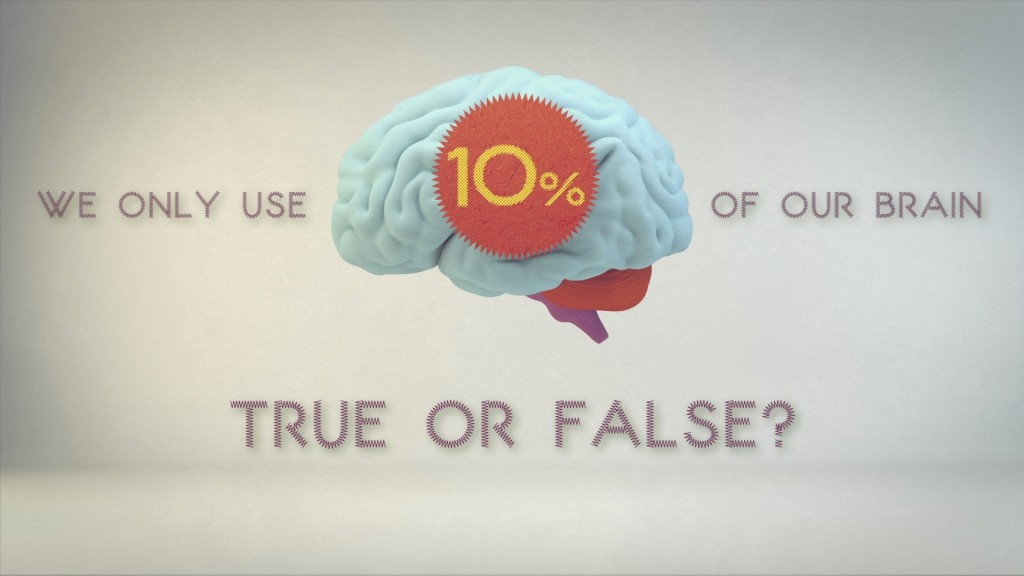Beatty talked about Dr. Barbara Fredrickson's research findings about how to become less negative and more positive by DOING the following 8 mental exercises. She…

Functional magnetic resonance imaging

You are lying down with your head in a noisy and tightfitting fMRI brain scanner, which is unnerving in itself. You agreed to take part…

Skeptics view hypnosis as a little-understood parlor trick, but a new study reveals real changes occur in the brain when a person enters an hypnotic…

The annual economic cost of the nearly 16,000 premature births linked to air pollution in the United States has reached $4.33 billion, according to a…

Is my yellow the same as your yellow? Does your pain feel like my pain? The question of whether the human consciousness is subjective or…

In the 2011 movie Limitless, our loser-turned-hero Bradley Cooper takes a pill, writes a novel in a few days, becomes an investment tycoon, and performs other…

Our choices seem to be freer than previously thought. Using computer-based brain experiments, researchers from Charité - Universitätsmedizin Berlin studied the decision-making processes involved in…

Everyone has at least a few non-negotiable values. These are the things that, no matter what the circumstance, you'd never compromise for any reason -…
Christopher Obal used to be a Christian. He grew up in Queens, New York, and when he was 5 years old, his parents left Catholicism…

We all know from first-hand experience that the digital age has most of us "plugged in" 24/7. What is the detrimental impact on parents and children of being "plugged in" to digital…

A UCLA social psychologist has found that we think of future selves as different people, which could explain why many of us don’t save enough…

When I was a lowly graduate student—doing my PhD thesis on the brains of boas and pythons—I had the great fortune of having dinner with…
